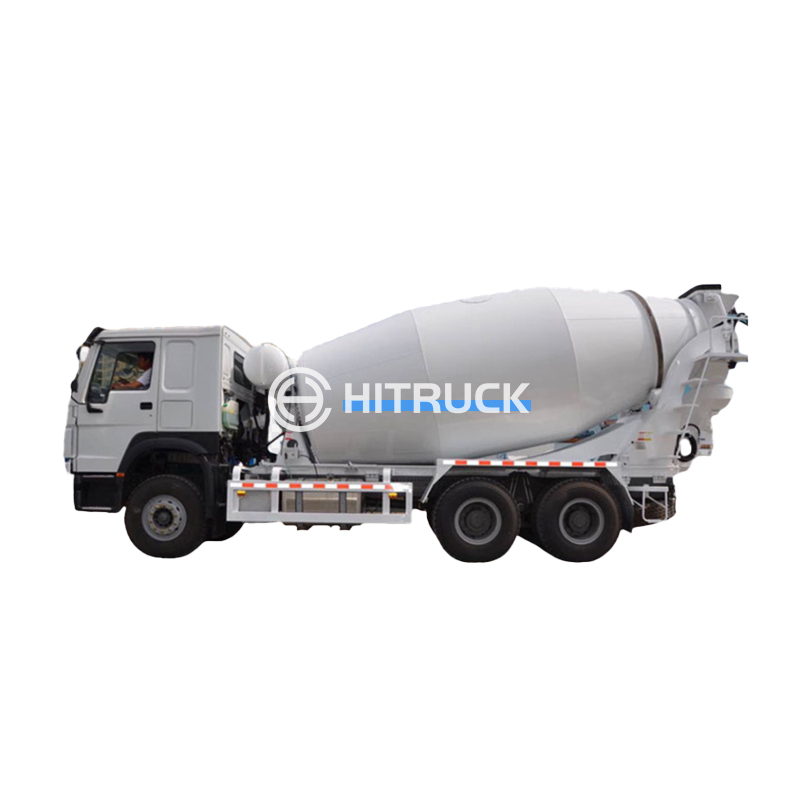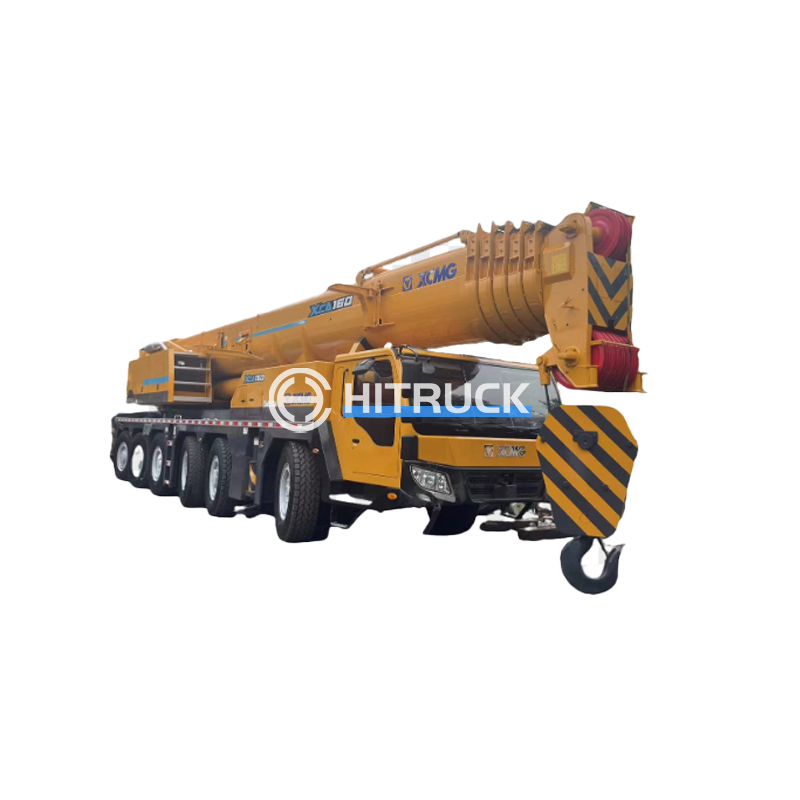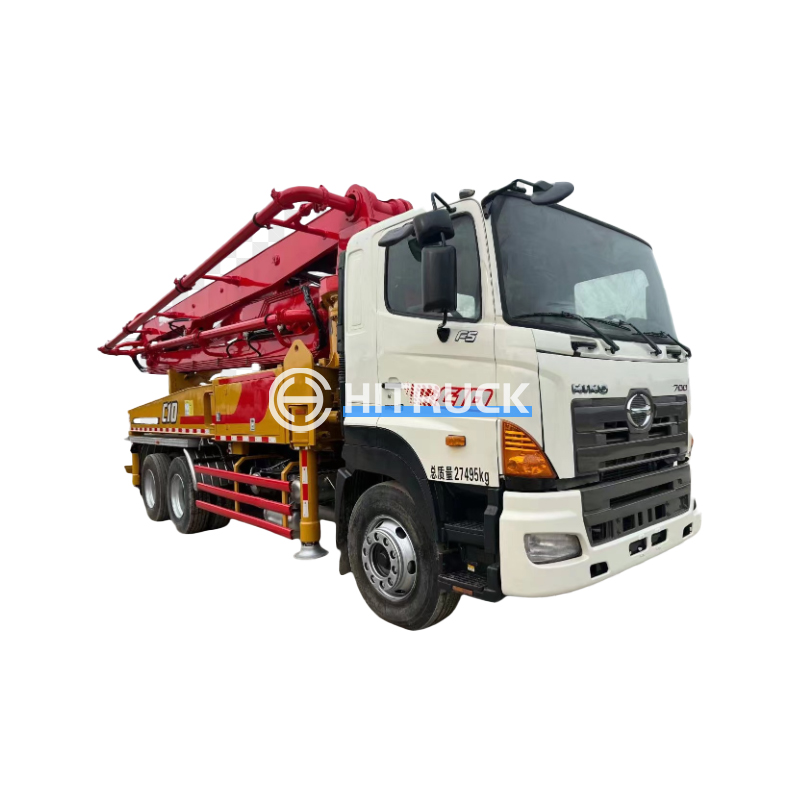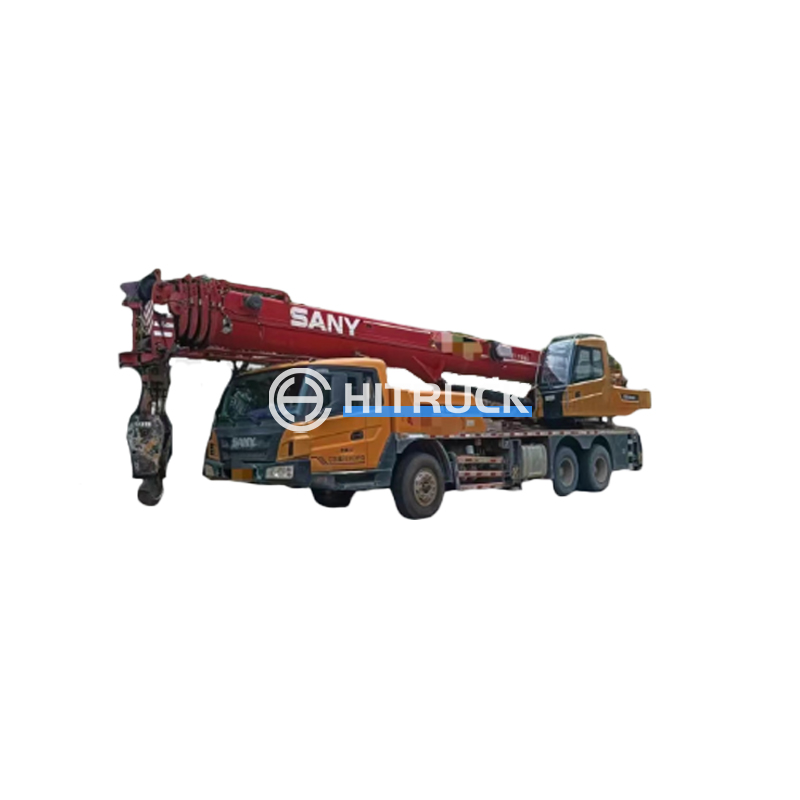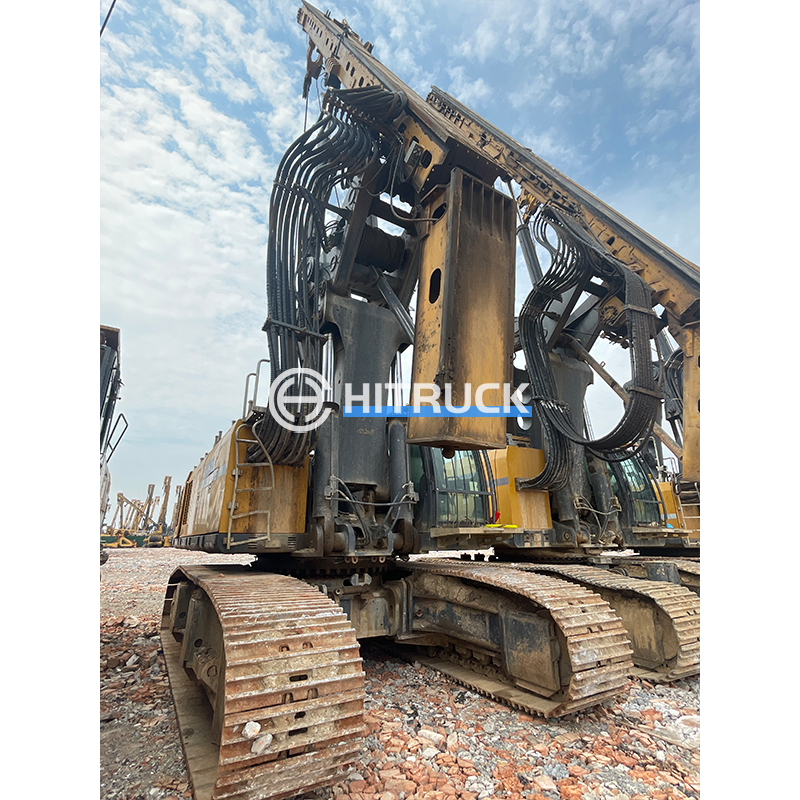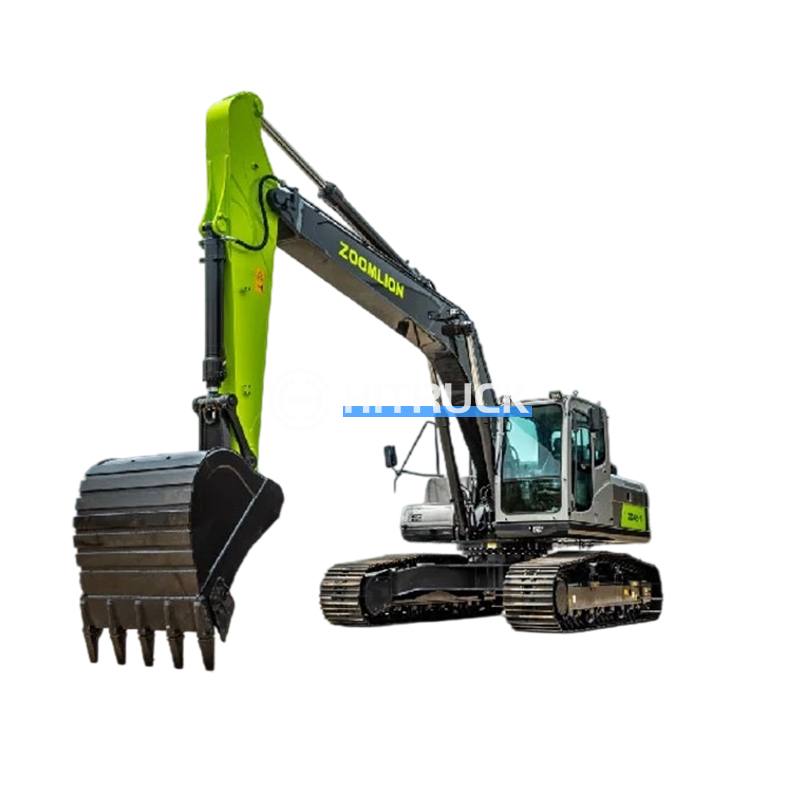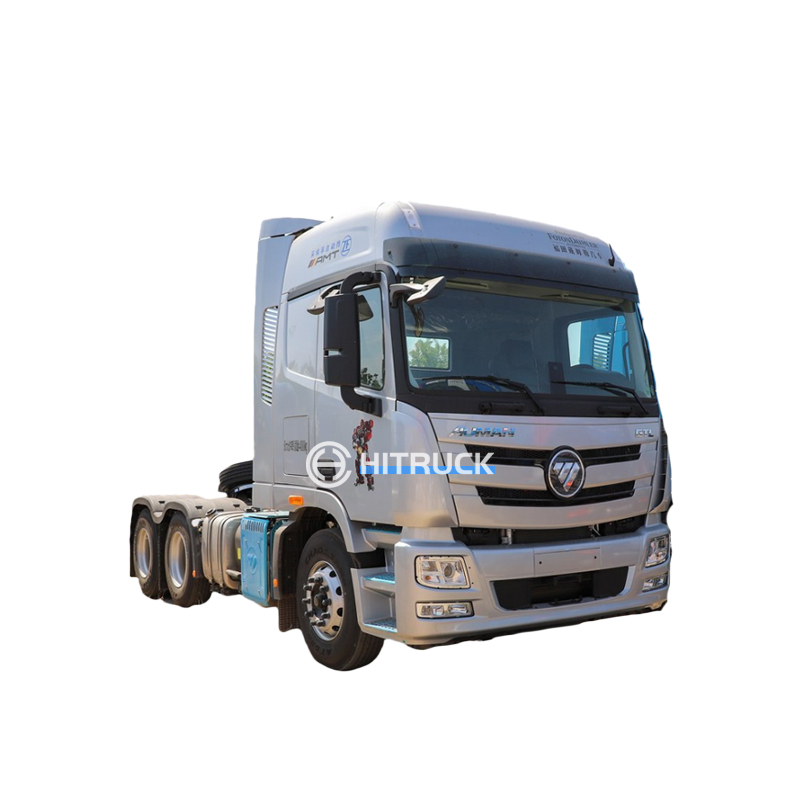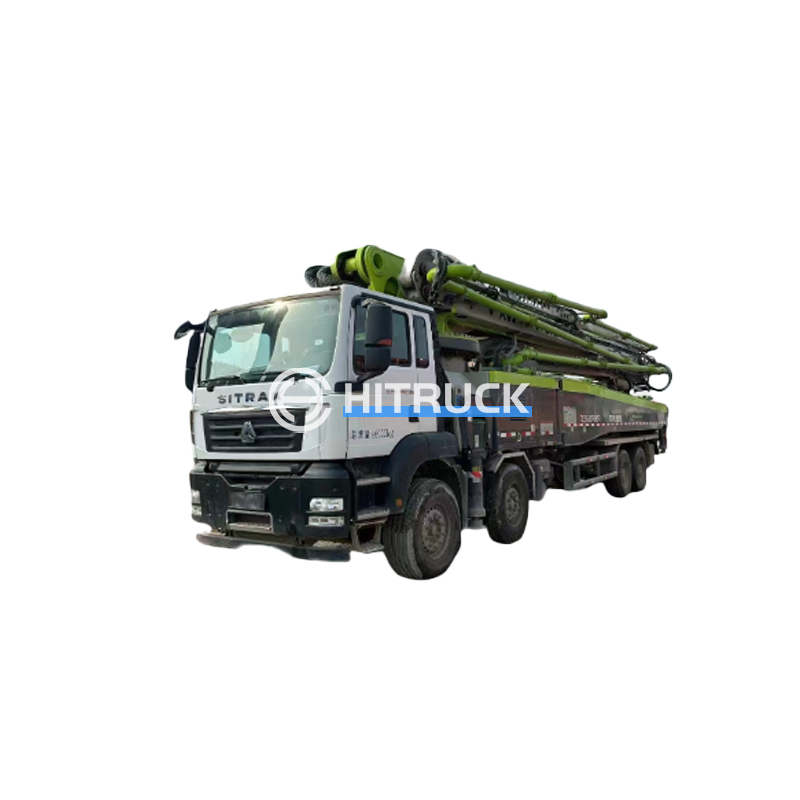High Pressure Pump Trucks: A Comprehensive GuideThis guide provides a detailed overview of high-pressure pump trucks, covering their applications, types, selection criteria, maintenance, and safety considerations. We'll explore different pump types, pressure ratings, and crucial factors to consider when purchasing or operating a high pressure pump truck.
High Pressure Pump Trucks: A Comprehensive Guide
Choosing the right high pressure pump truck is crucial for efficient and safe operations across various industries. This guide delves into the specifics of these powerful machines, providing you with the knowledge to make informed decisions. From understanding different pump technologies to prioritizing safety measures, we'll cover all the essential aspects to consider. Whether you're involved in construction, agriculture, industrial cleaning, or another field requiring high-pressure fluid transfer, this guide will equip you with the necessary information to optimize your operations. We will explore various aspects, including selecting the ideal pump for your needs, ensuring proper maintenance, and understanding the safety protocols essential for handling these powerful tools. Find the perfect high pressure pump truck for your needs by carefully considering the factors discussed below.
Understanding High-Pressure Pump Truck Technology
Types of Pumps
High pressure pump trucks utilize various pump technologies, each with its strengths and weaknesses. Common types include piston pumps, diaphragm pumps, and centrifugal pumps. Piston pumps excel in high-pressure applications, offering consistent flow rates. Diaphragm pumps are known for their ability to handle abrasive and viscous fluids, while centrifugal pumps are generally more suitable for lower-pressure, high-volume applications. The choice of pump type depends heavily on the specific fluid being pumped, the required pressure, and the flow rate needed. Consider factors like viscosity, corrosiveness, and the presence of solids when making your selection. Many high pressure pump trucks offer a choice of pump types, allowing for customization.
Pressure Ratings and Flow Rates
The pressure rating (measured in PSI or bar) and flow rate (measured in gallons per minute or liters per minute) are critical specifications. High-pressure applications often require pumps capable of delivering pressures exceeding 1,000 PSI, with flow rates varying depending on the application. It's crucial to match the pump's capabilities to the demands of your specific task. Overloading a pump can lead to premature wear and tear, while underpowered pumps may prove inefficient and ineffective. Always consult the manufacturer’s specifications to ensure compatibility.
Selecting the Right High-Pressure Pump Truck
Factors to Consider
Several factors should influence your decision when purchasing a high pressure pump truck. These include the type of fluid being pumped, the required pressure and flow rate, the portability requirements, the budget, and the level of maintenance required. The durability and reliability of the pump, as well as the availability of parts and service, are equally important considerations. Consider the frequency of use and the expected lifespan of the pump before investing. Choosing a reputable supplier like Suizhou Haicang Automobile sales Co., LTD can greatly impact the overall lifespan and performance.
Comparing Different Models
| Feature | Model A | Model B |
| Pump Type | Piston | Diaphragm |
| Max Pressure (PSI) | 2000 | 1500 |
| Flow Rate (GPM) | 5 | 3 |
| Engine Type | Gasoline | Diesel |
Note: This is a sample comparison; actual specifications vary widely between models.
Maintenance and Safety
Regular Maintenance
Regular maintenance is essential for prolonging the lifespan and ensuring the safe operation of a high pressure pump truck. This includes checking fluid levels, inspecting hoses and fittings for leaks, and regularly changing the oil and filters. Following the manufacturer's recommended maintenance schedule is crucial. Neglecting maintenance can lead to costly repairs and potential safety hazards. Always consult your owner's manual for specific maintenance guidelines.
Safety Precautions
Operating a high pressure pump truck requires adherence to strict safety precautions. Always wear appropriate personal protective equipment (PPE), including safety glasses, gloves, and hearing protection. Ensure the area is clear of obstructions and that all personnel are aware of the operation. Never operate the pump near flammable materials. Regular inspections are paramount to identifying potential issues before they escalate into accidents. Never attempt repairs unless you have the necessary training and expertise.
By carefully considering the factors outlined in this guide, you can select and maintain a high pressure pump truck that meets your specific needs and ensures safe, efficient operation. Remember to prioritize safety and always consult professional guidance when needed. The right high pressure pump truck can significantly impact your productivity and efficiency. Contact a reputable supplier to learn more about the available options tailored to your specific application.


